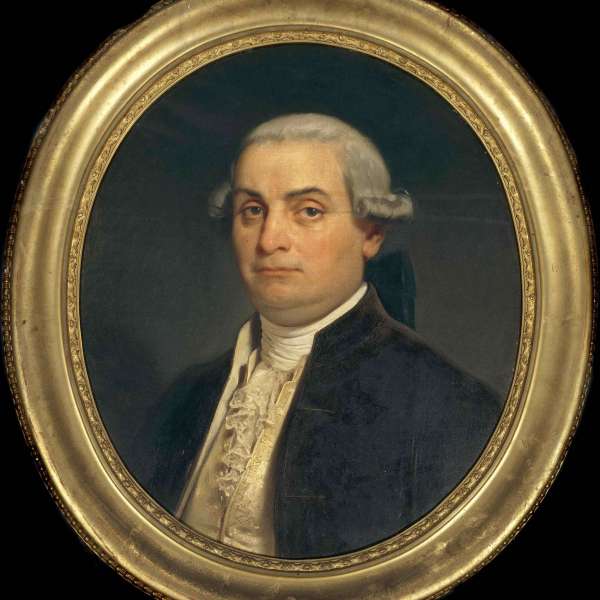11
CESARE BECCARIA
ITALY
Cesare Beccaria
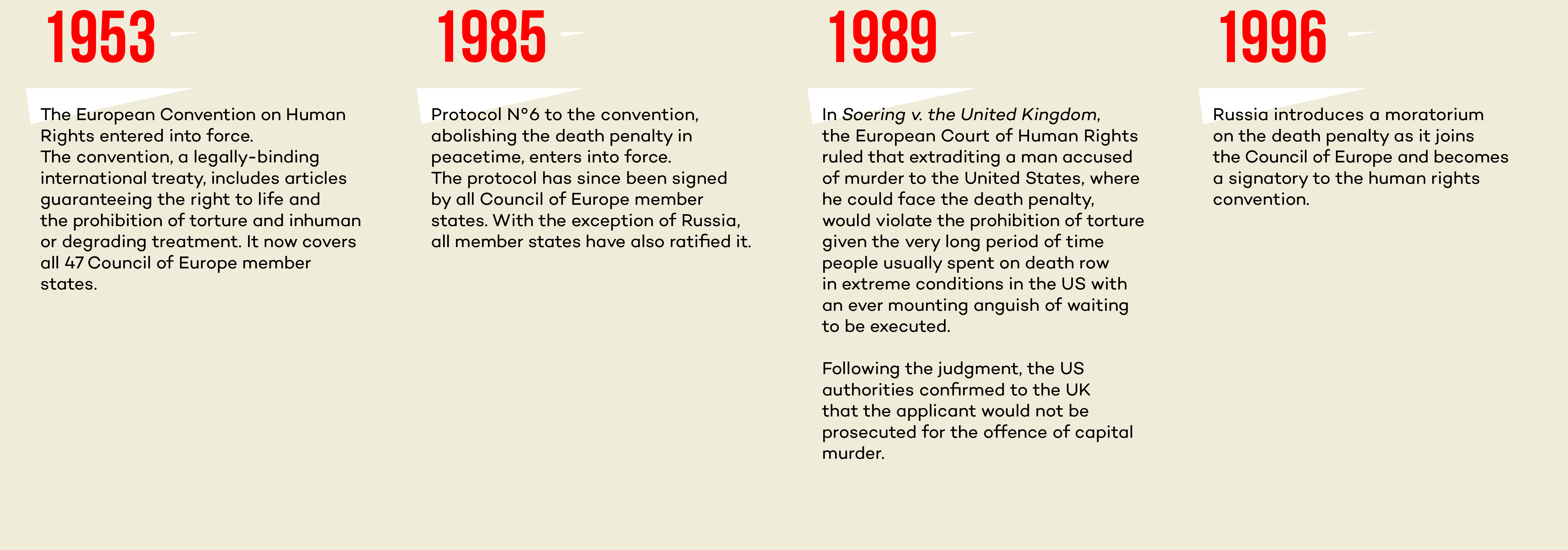
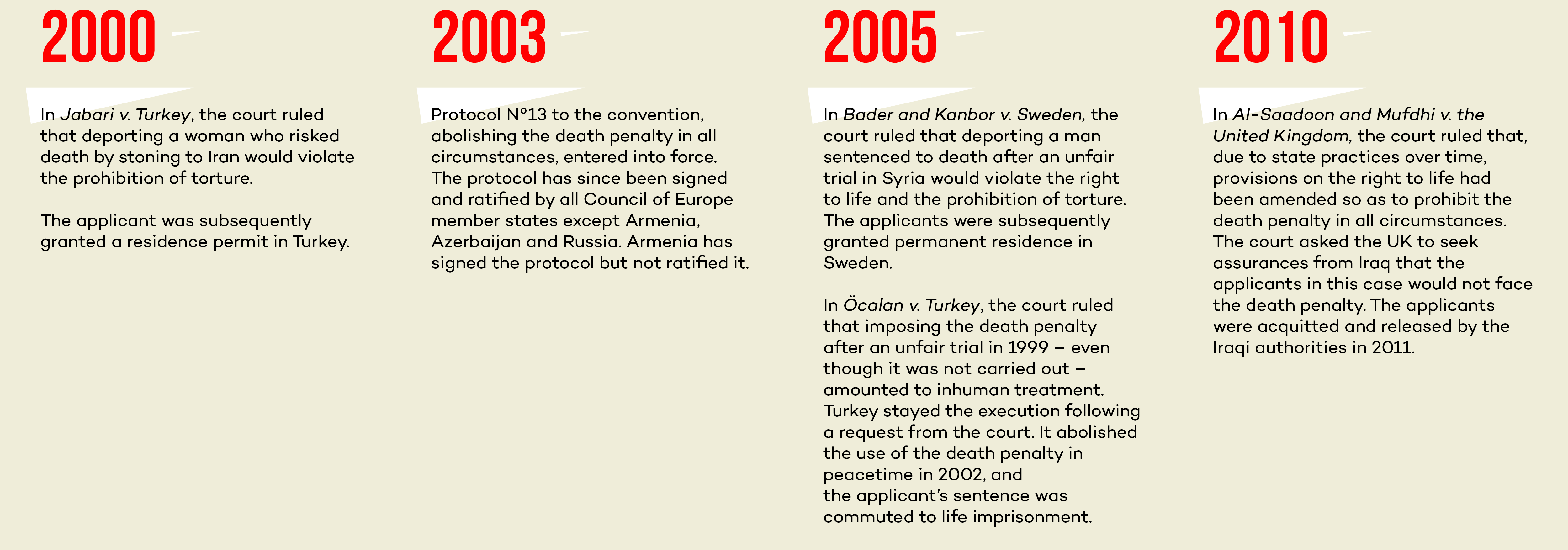
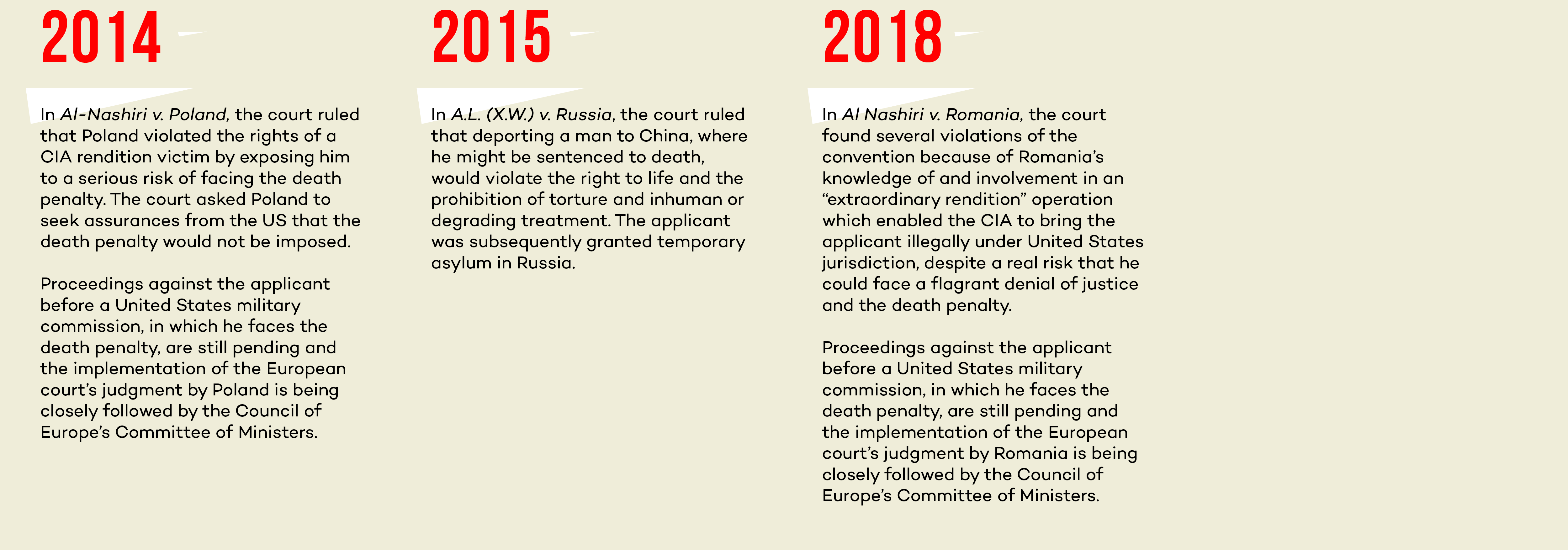
The principle of capital punishment is questioned with Cesare Beccaria Bonesana, Marquess of Gualdrasco and Villareggio. Even today, “ it is impossible to find a textbook on criminal law where the name of Cesare Beccaria is not mentioned: he always figures in the front line when the […] death penalty is discussed[1] ».
Philosopher, economist, he took an early interest in issues related to the fairness of the judicial system. In 1764, at the age of twenty-six, he managed to publish – secretly and without an author's name, in Livorno – Crimes and Punishments (« Dei delitti e delle pene »). In this text, he puts the rules of the criminal jurisprudence of his time on trial and establishes the bases of modern thinking in the field of criminal law. Its objective is not so much its modification as the reform of society. It is in fact in line with the Enlightenment and its intention is more political than legal: why and how to punish, what should be the foundations of legislation in terms of criminal justice?
It is at the heart of this reflection that the marquis, for the first time in the history of ideas, very clearly calls into question capital punishment: « This vain profusion of tortures, which have never made men better, m has pushed to examine whether, in a well-organized government, the death penalty is really useful and just[2]. »
For him, the death penalty is both barbaric and ineffective. He positions himself in relation to these two totally intertwined and concomitant motives: not only is it neither useful nor necessary – and to cite the example of abolitionist Russia under Elizabeth I where the abolition of the supreme punishment did not increase crime – but it is also a real judicial crime. Indeed, he essentially sets out to demonstrate the ineffectiveness, as well as the lack of legitimacy, of the supreme punishment: “By what right can men allow themselves to kill their fellows? […] Who would have had the idea to concede to others the right to kill him […] And, not having this right, how could he grant it to another or to a society[3] ? »
It is obvious to Beccaria that the death penalty is not a right. It is nothing but the war of the nation against a citizen. Its application by a government is even the worst example that can be given to men. He strongly supports his conviction: « If I prove that this punishment is neither useful nor necessary, I will have made the cause of humanity triumph[4]. » Finally, apart from its cruelty, its uselessness, its illegitimacy, the death penalty is not dissuasive for the Marquis of Beccaria: « For most people, the death penalty is a spectacle and, for some, the object of compassion mixed with contempt; each of these two feelings occupies the minds of the spectators, instead of the salutary terror which the law claims to inspire[5]. »
Its position is new by taking the bias of utility – the intimidating value of the death penalty – and justice. Upon its release, Beccaria's work was a resounding success. Read by d'Alembert in 1765, it was Abbé Morellet who translated the work in France in 1766. Voltaire, for his part, published A Commentary on Delicts and Punishments For the Enlightenment, Beccaria proposes a revolution of the legislative system in opposition to the system of the Ancien Régime. The Marquis has gone down in history because of his passionate fight against the death penalty. He laid more than the foundations of an abolitionist criminal policy. Even today, any supporter of abolition invokes his name in the fight against capital punishment: « Beccaria, almost intuitively, gives abolition its political foundation in a democracy[6] ». It has become one of the most consistent sources of modern criminal law[7].
Marie Bardiaux-Vaïente
[1] Nicolas Catelan, The Influence of Cesare Beccaria on Modern Criminal Matters, Aix-en-Provence, Aix-Marseille University Press, 2004.
[2] Cesare Beccaria, Offenses and Penalties.
[3] Ibid.
[4] Ibid.
[5] Ibid.
[6] Robert Badinter, “Beccaria, the abolition of the death penalty and the French Revolution”, Review of Criminal Science and Comparative Criminal Law, 1989.
[7] Beccaria and the legal culture of the Enlightenment, “Proceedings of the European conference in Geneva”, November 25-26, 1995, Edited by Michel Porret.
- BOOK
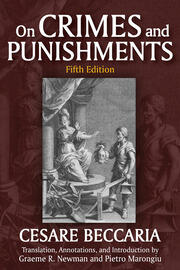
Crimes and Punishments
Author: Cesare Beccaria
Original title: Dei delitti e delle pene
Country: Italy
Genre : essay
Publication date: 1764
Inspired by the Philosophers of the Enlightenment and helped by the current events of the time, Beccaria questions the judicial system in a global way. Apart from any religious model, Beccaria establishes the bases and the limits of the right to punish, and recommends to proportion the punishment to the offence. He also establishes in principle the separation of religious and judicial powers. Denouncing the cruelty of certain punishments compared to the crime committed, he judged "barbaric" the practice of torture and the death penalty, and recommended to prevent crime rather than to repress it, thus starting the first abolitionist movement.
- movie
Cesare Beccaria: The father of modern criminal justice


